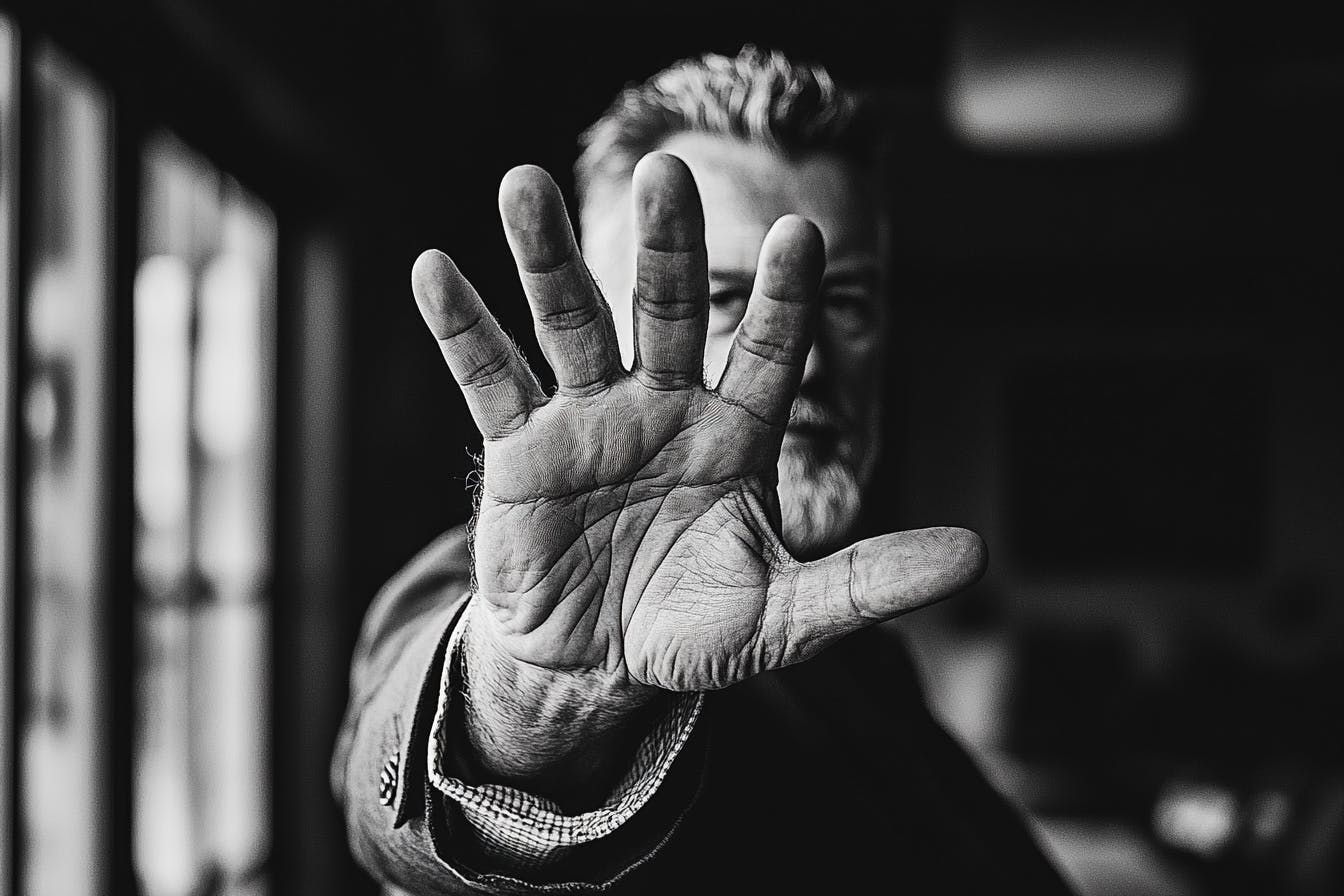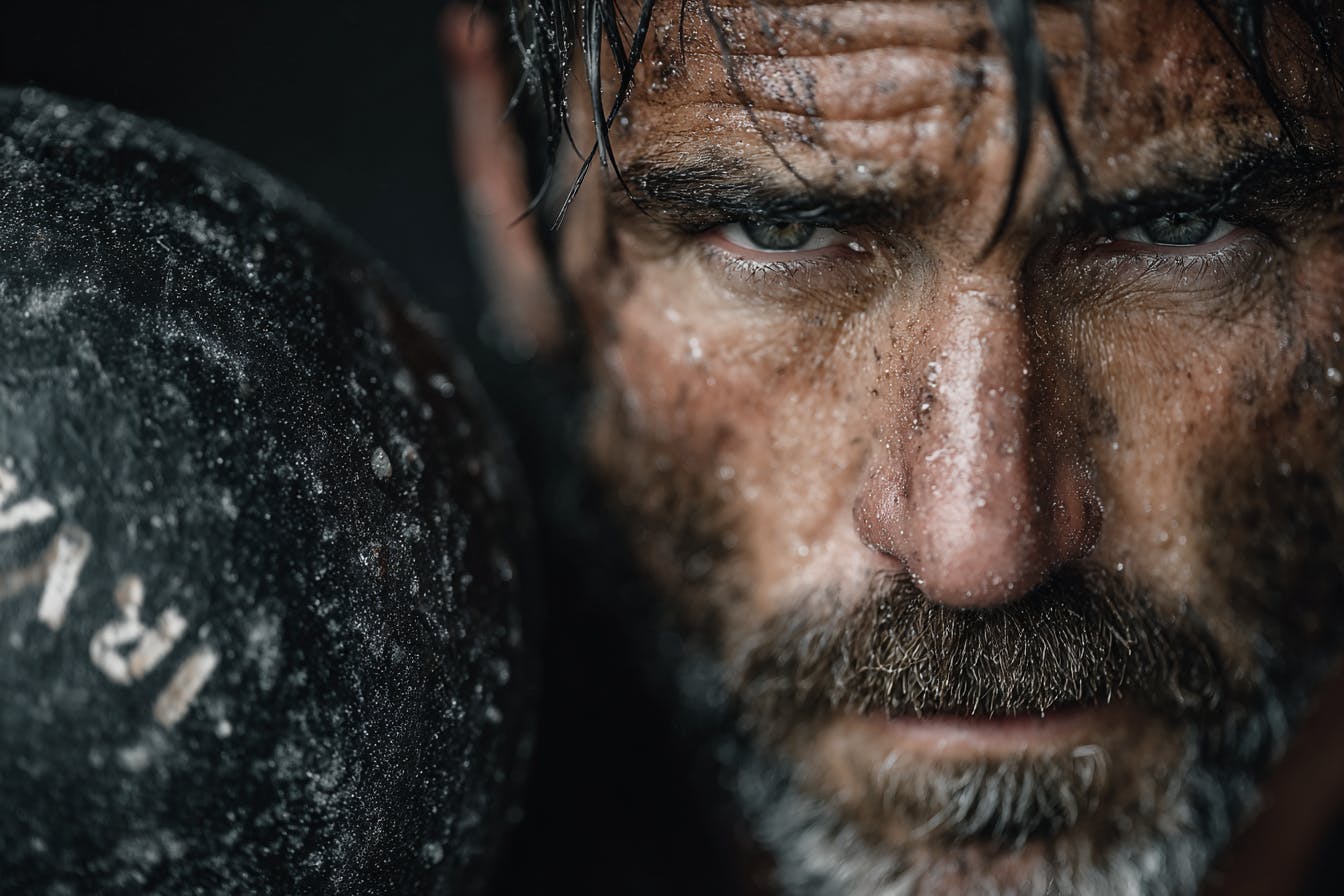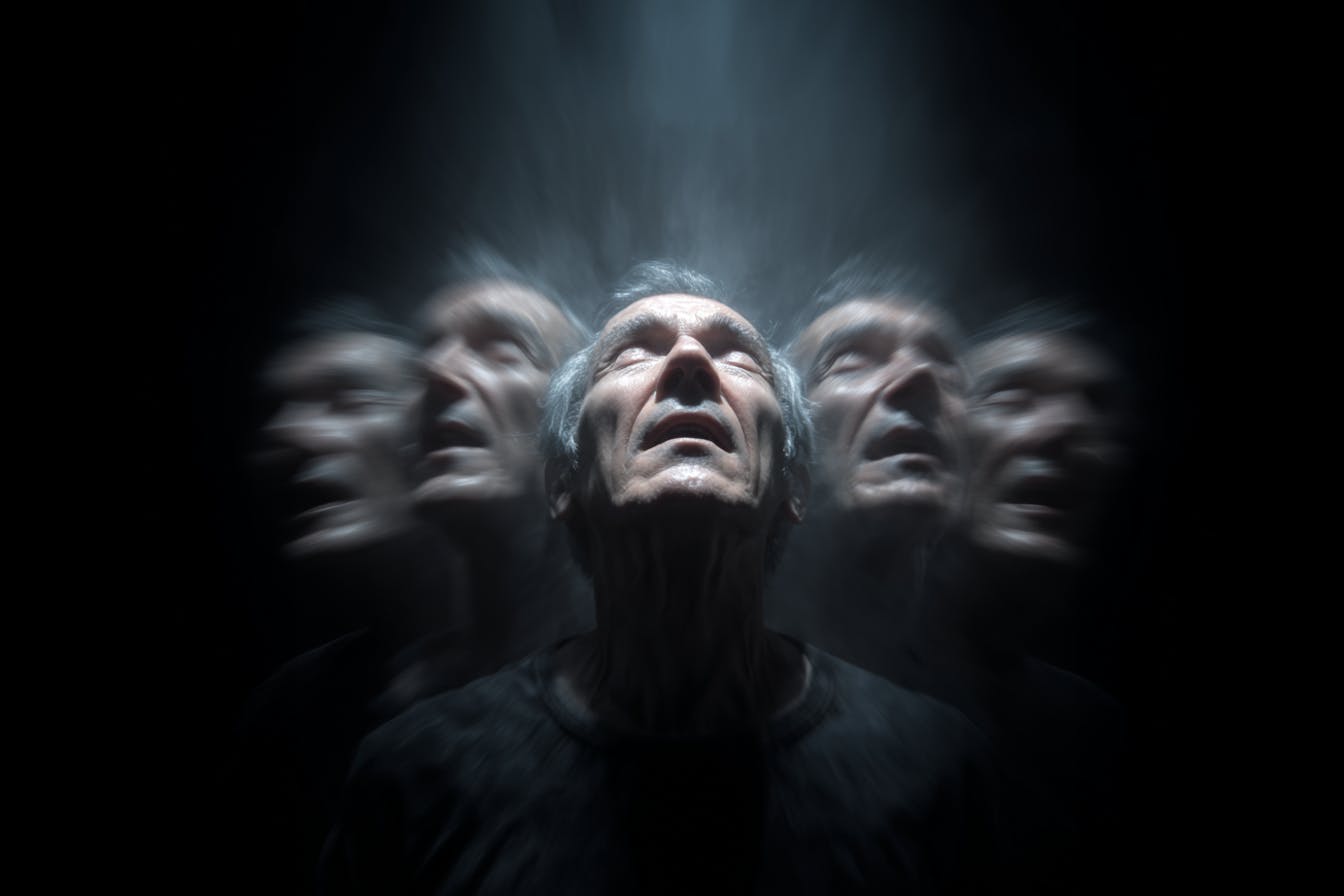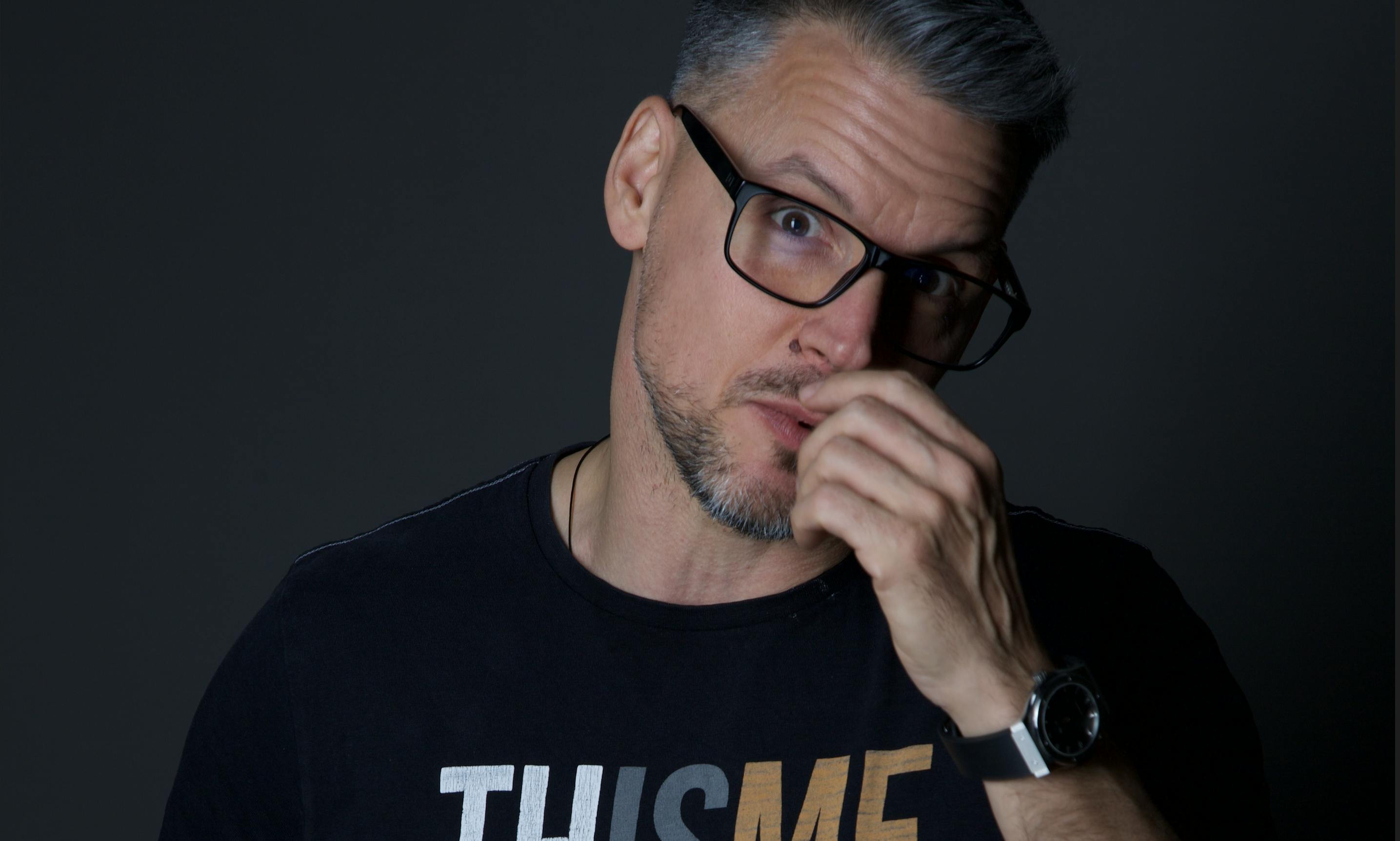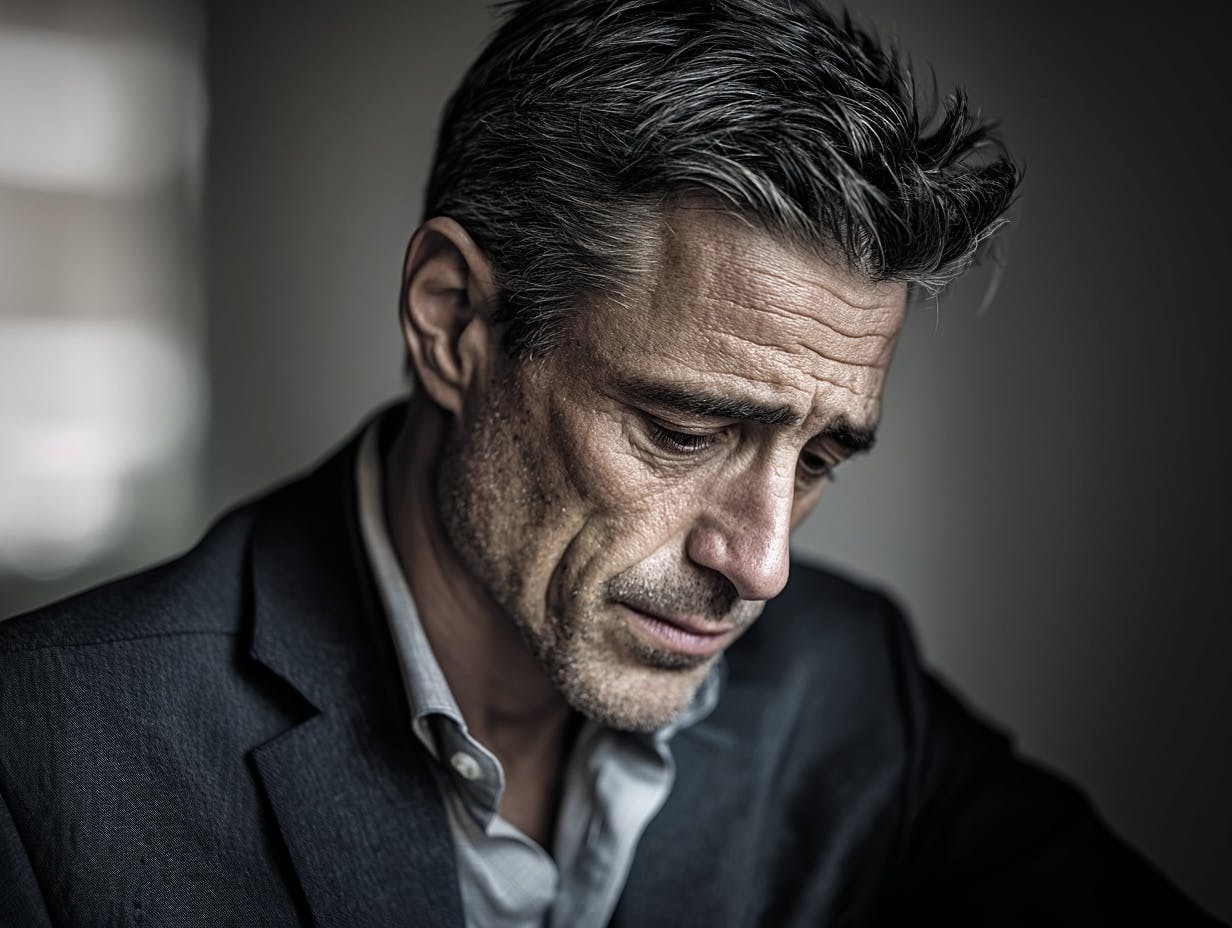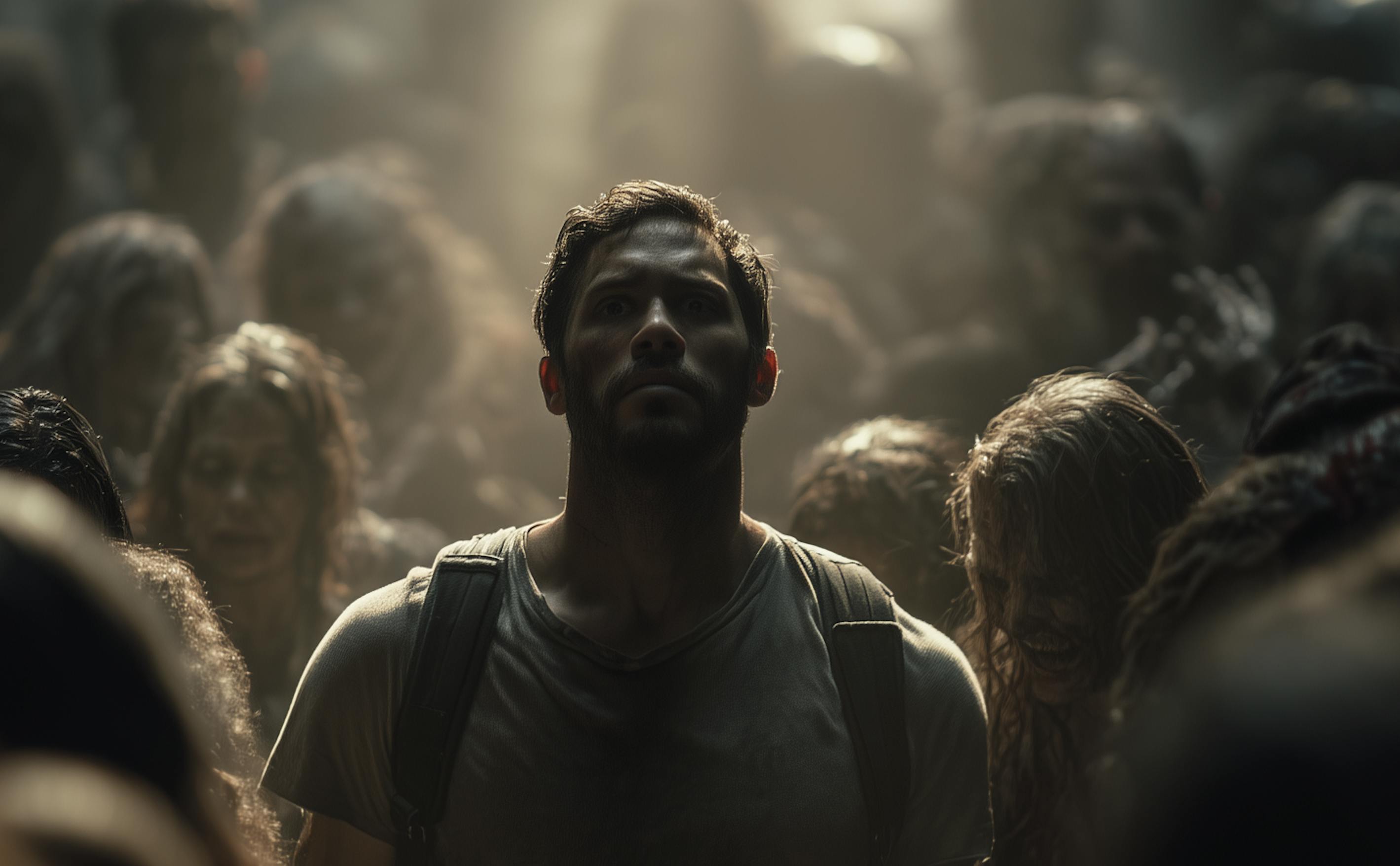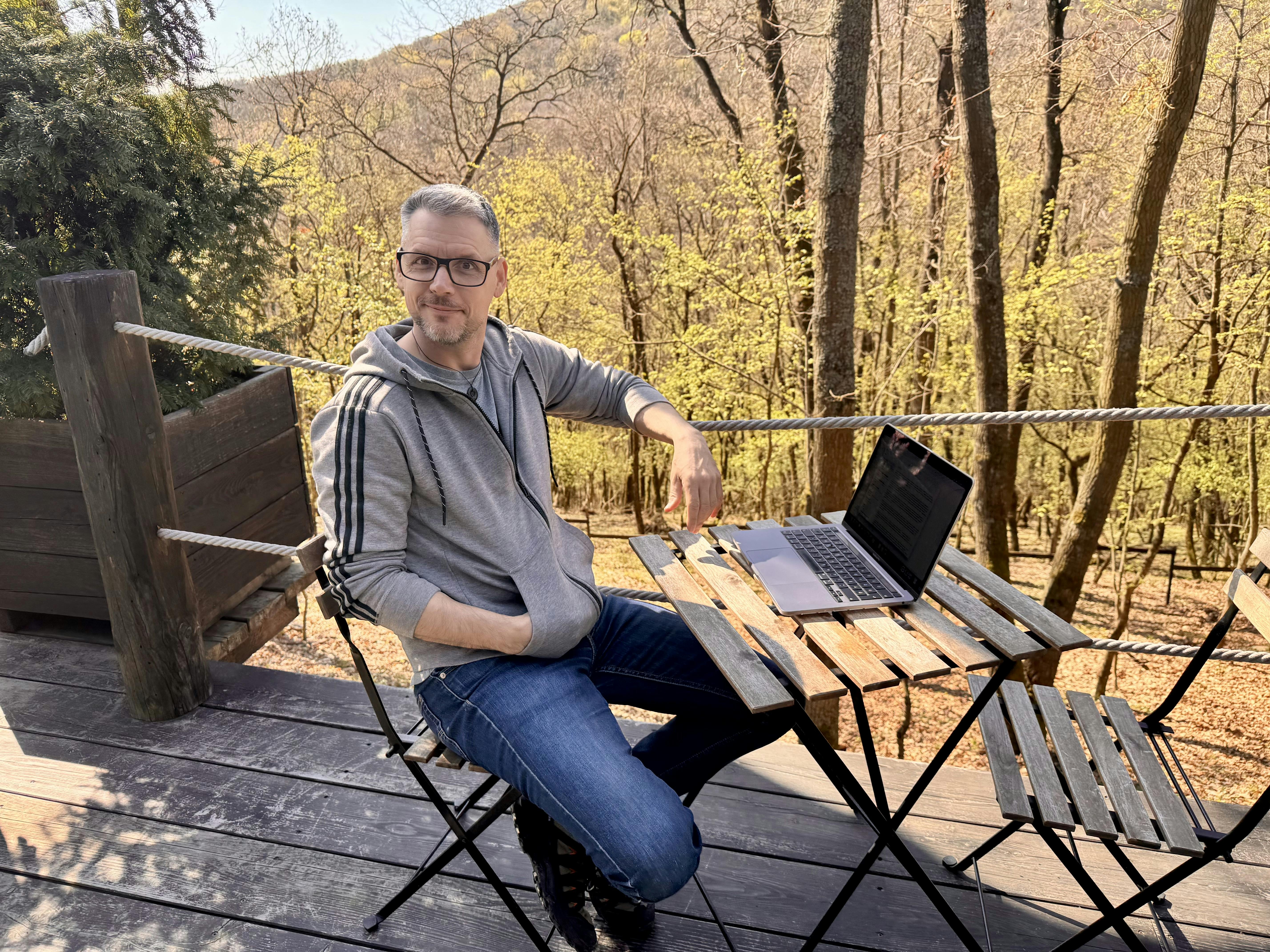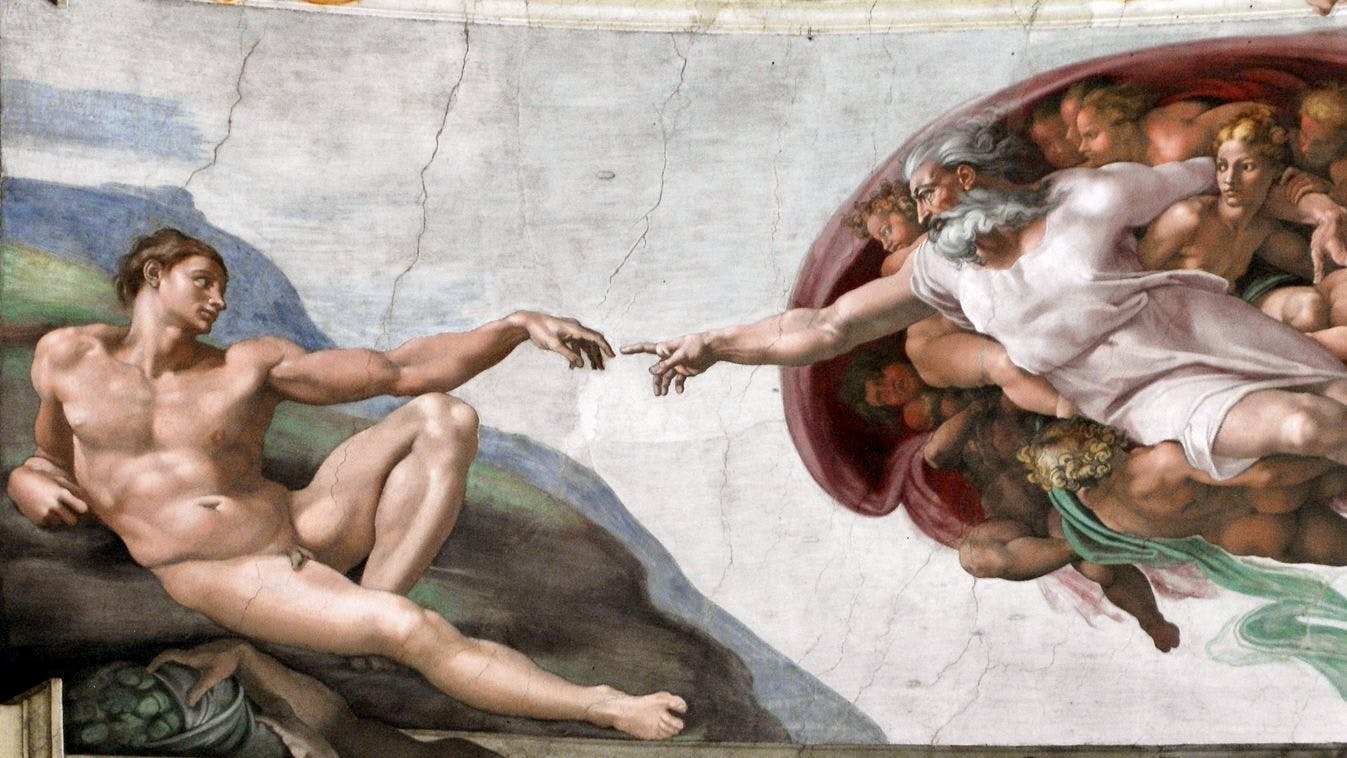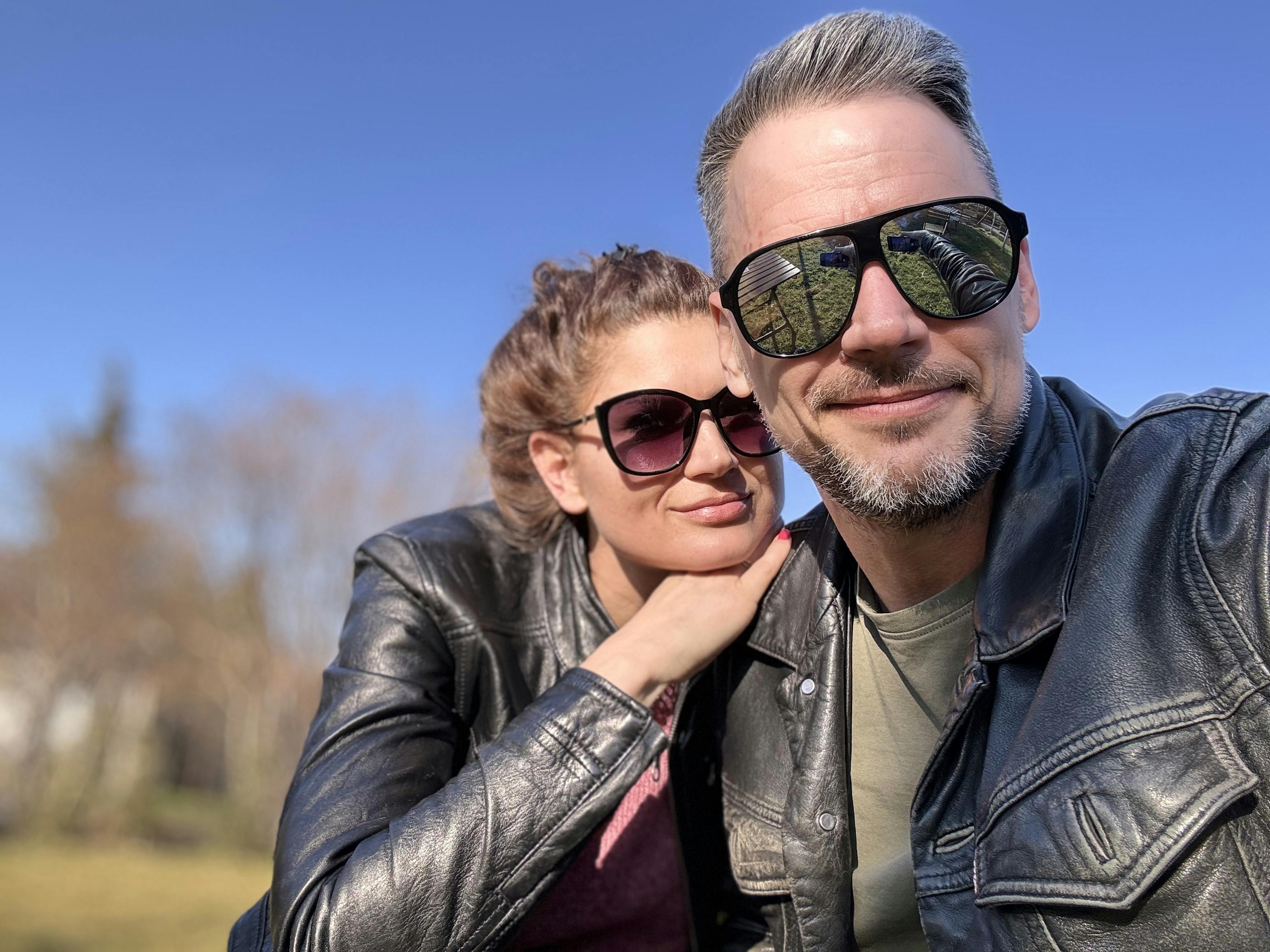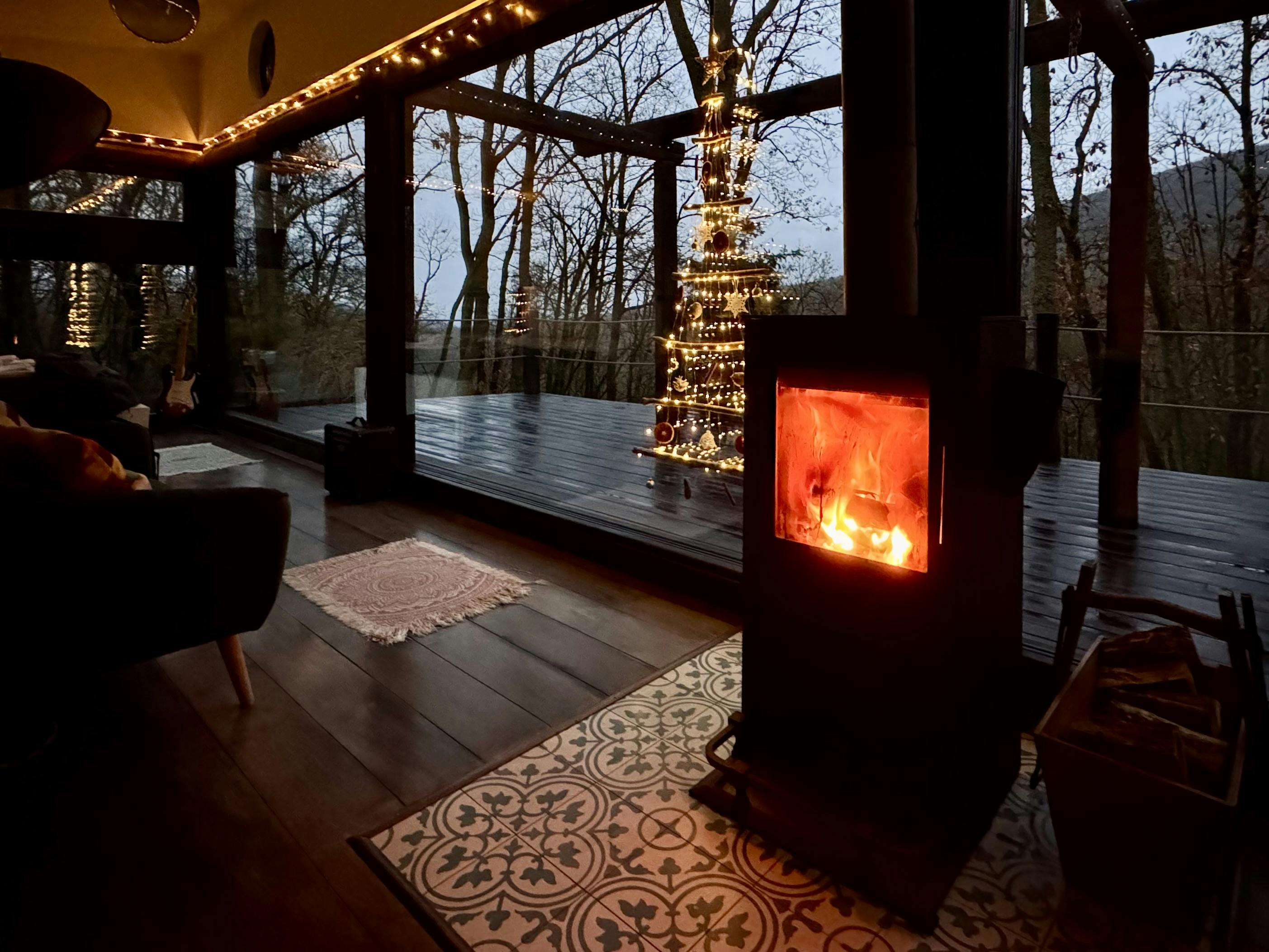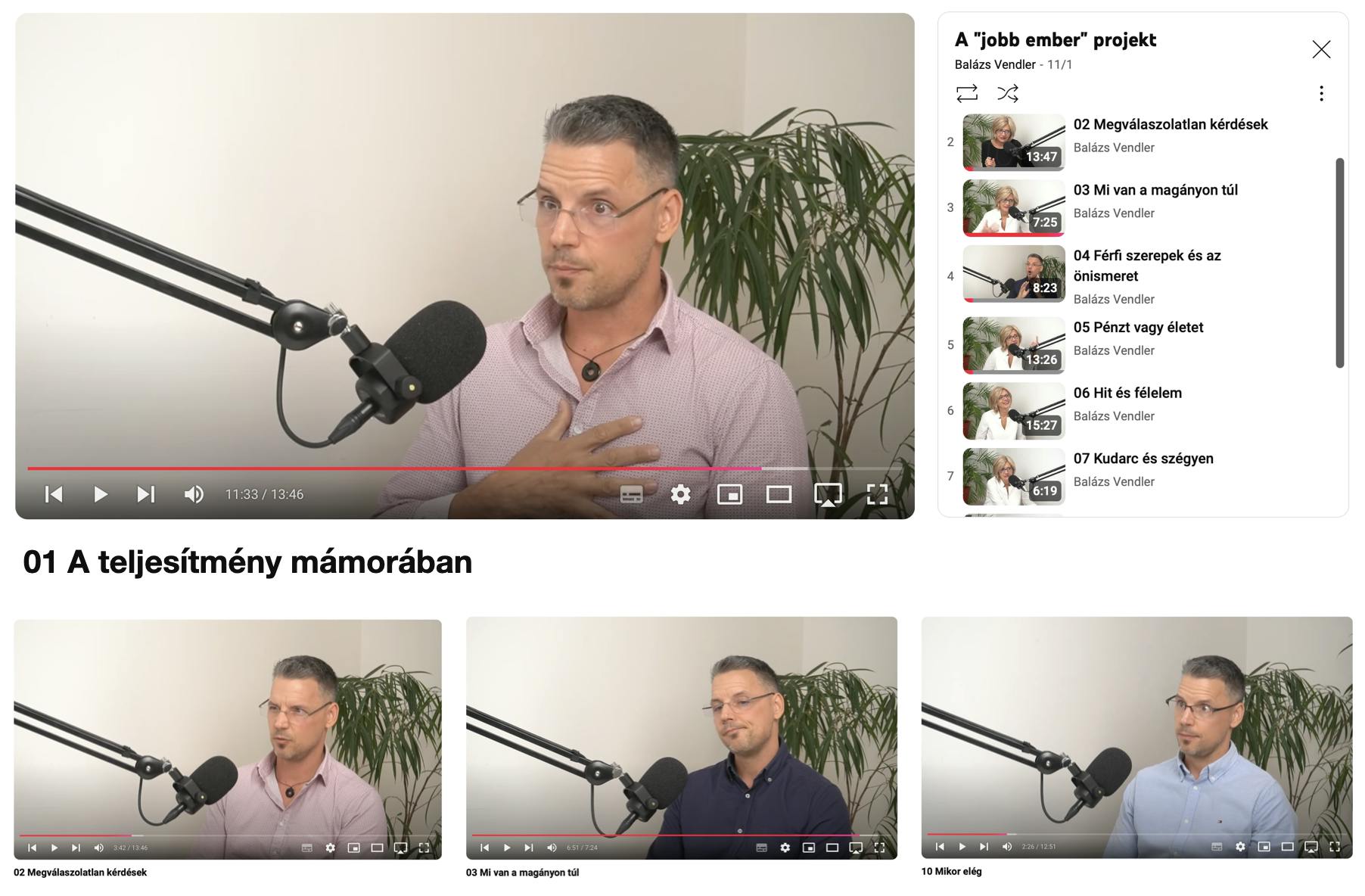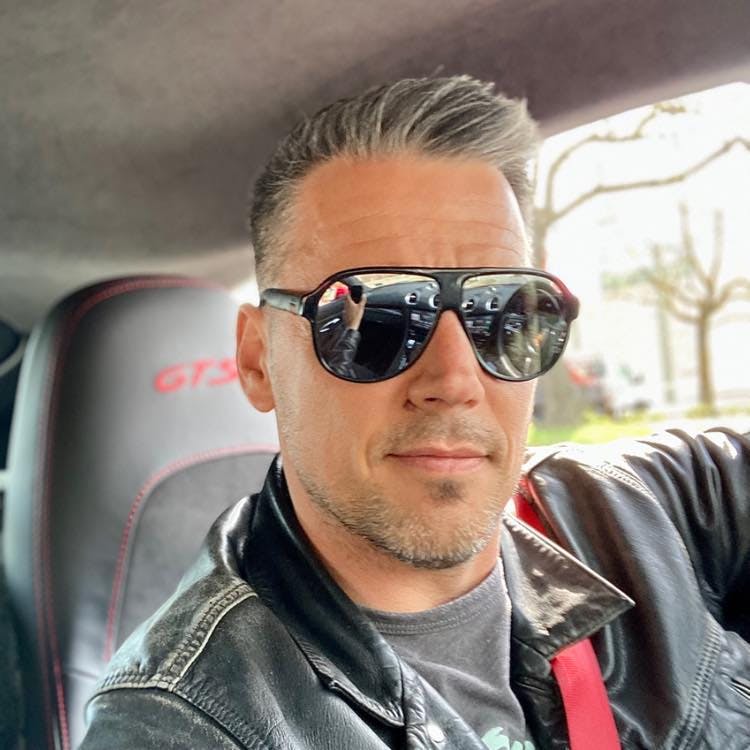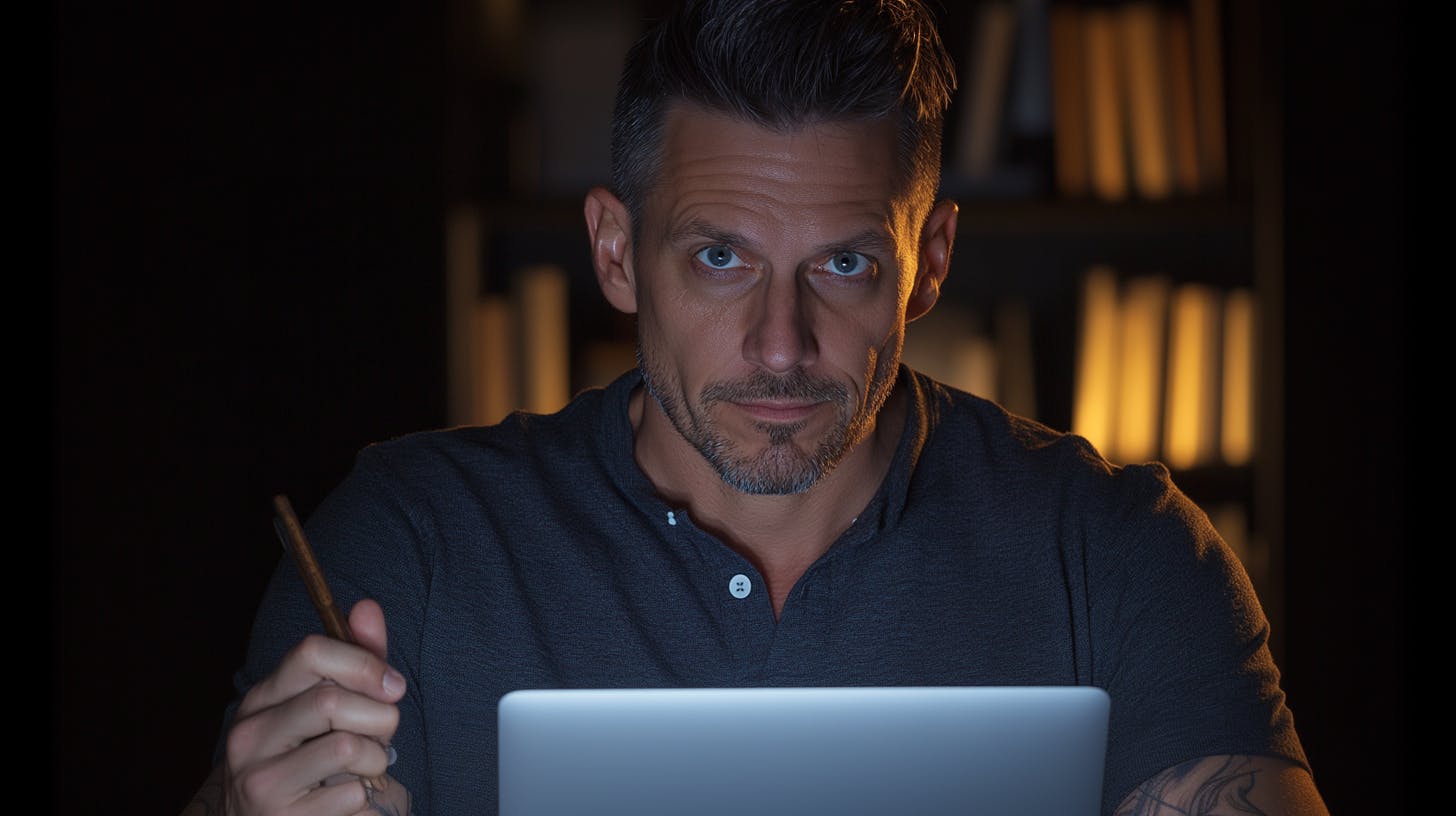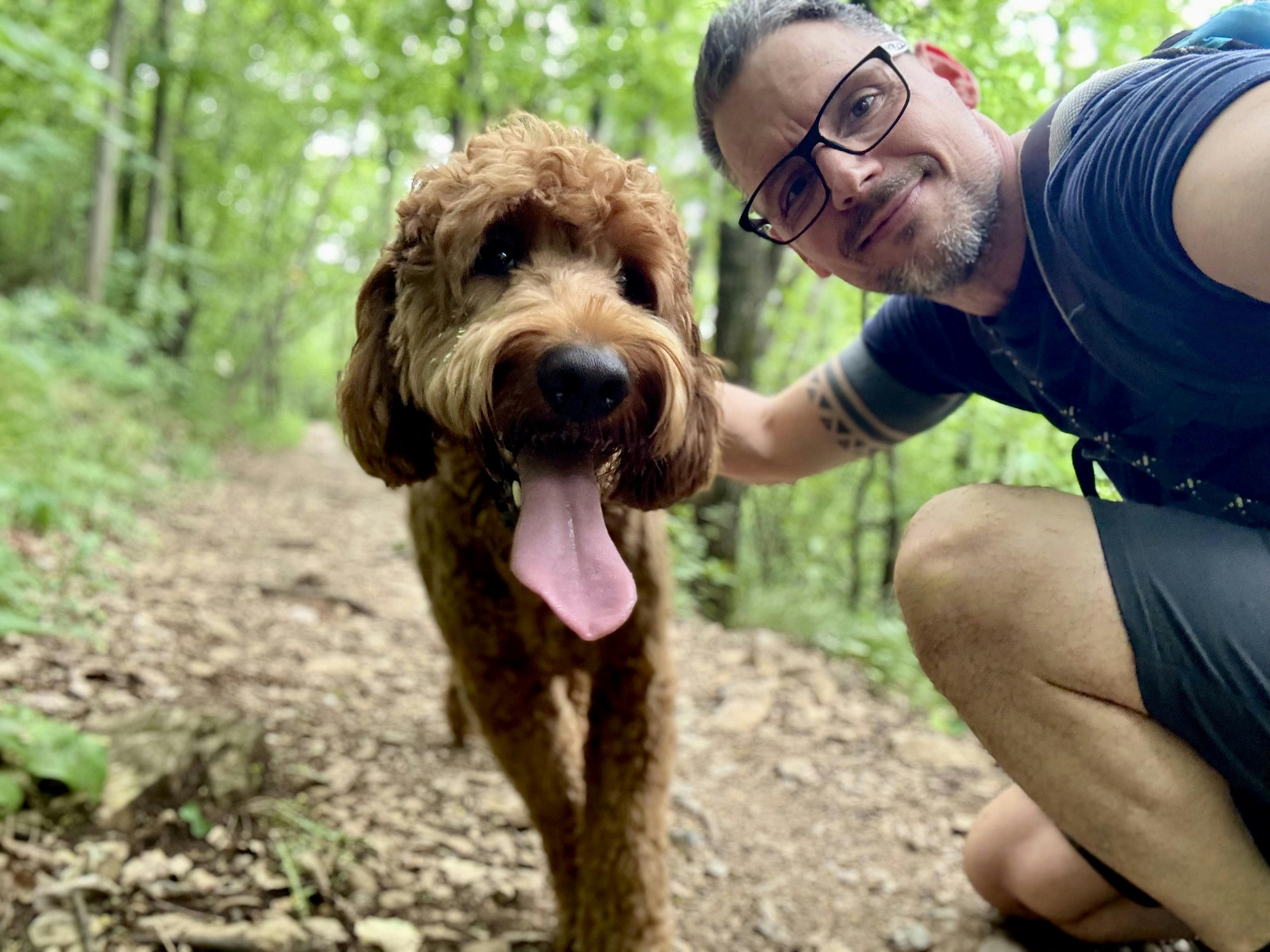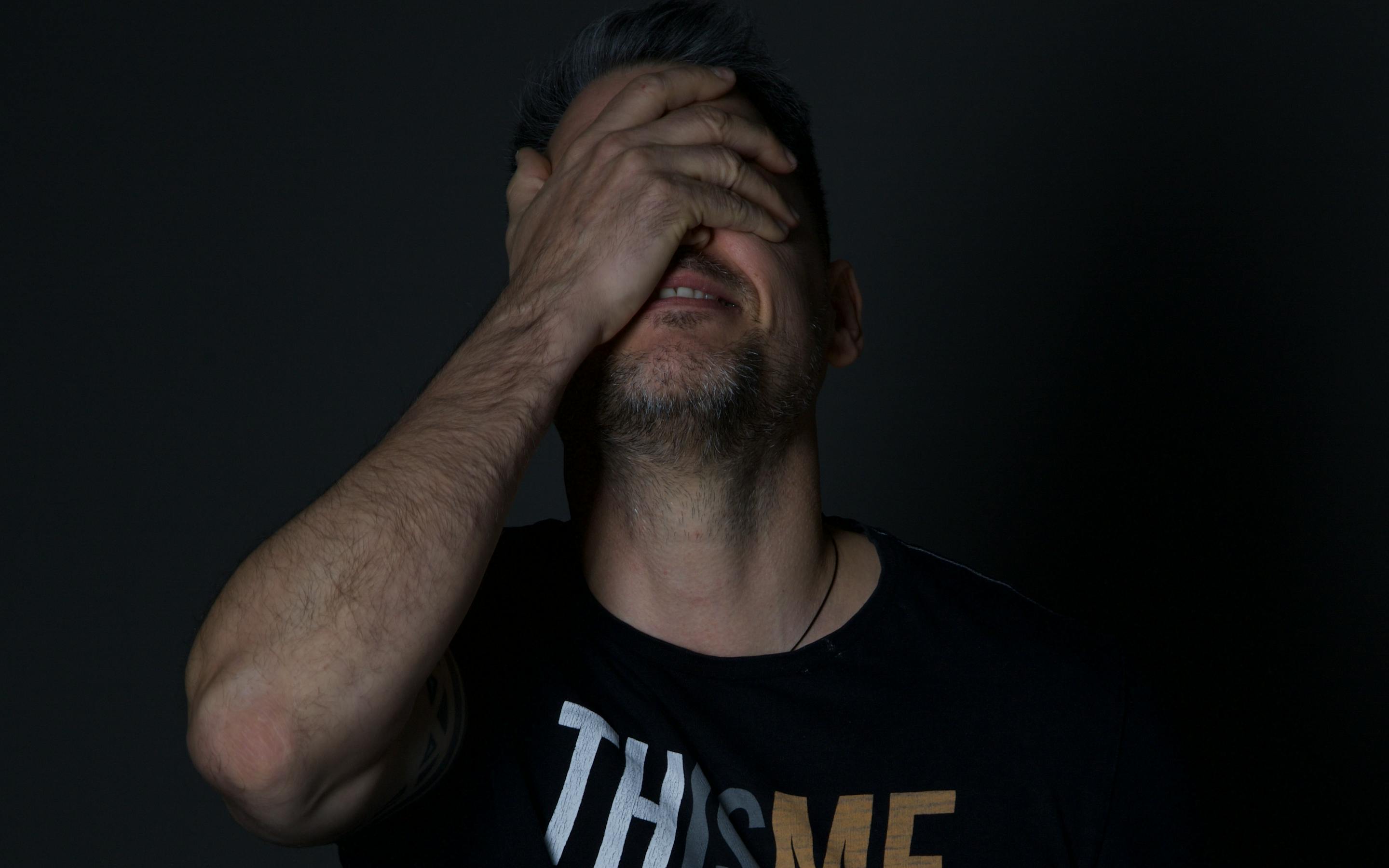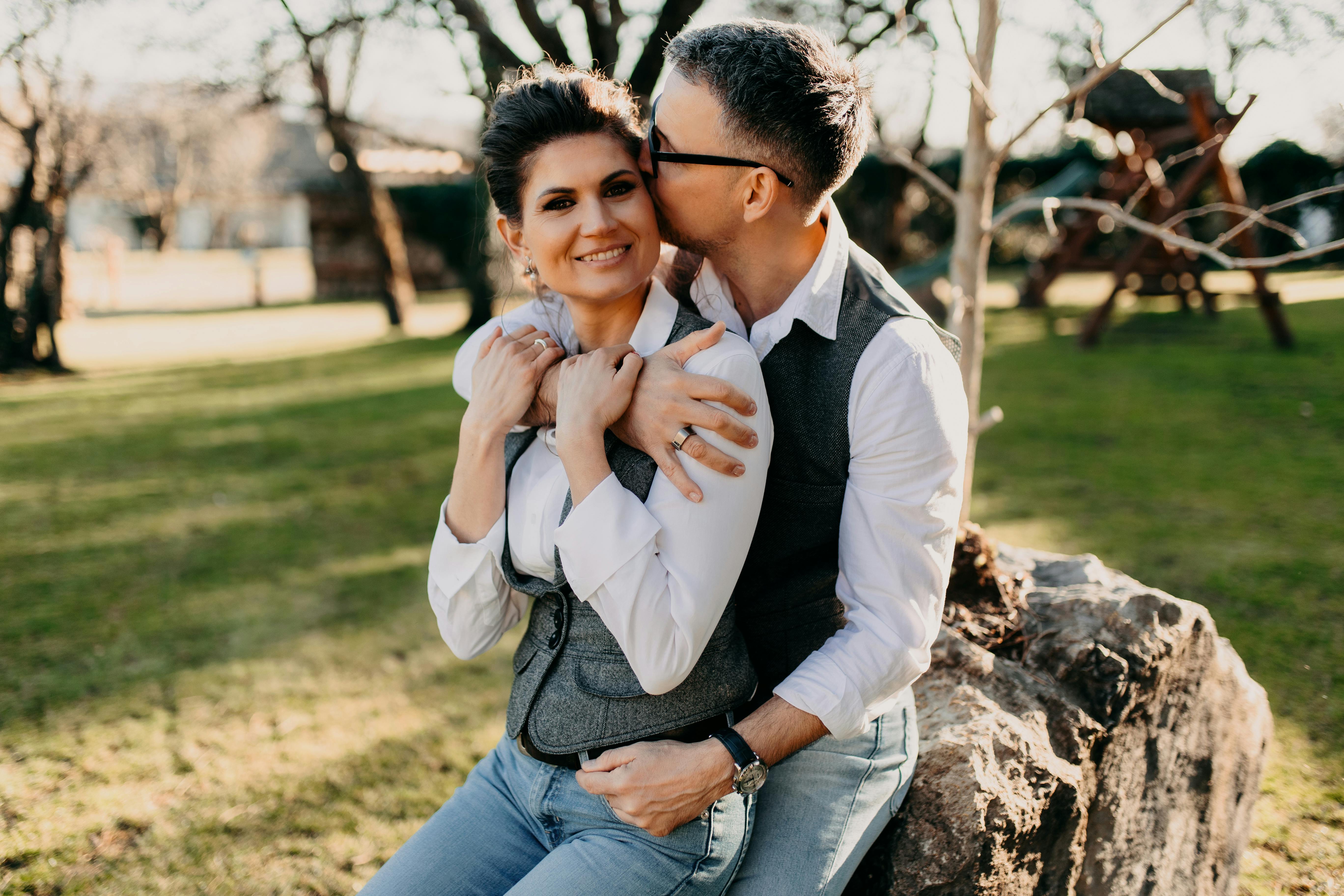
Understood
2025.01.30.
Now that I’ve started the dog-walking conversations again, life somehow led me to take a walk with an 11-year-old young man. The kid is a distant relative, but we had never talked before. However, in the past few days, we ended up spending over an hour walking together—just him, Ottó, and me.
As is usually the case with forest mentoring walks, the conversation started immediately. We covered all sorts of topics: we talked about sports, phones, movies, everyday life, then about our parents, parent-child relationships, and friendships. He told me that he often teases others. When I asked why, he explained how much one can learn from these situations—about others, about oneself, and about communication. His reasoning was clear and well-structured.
As we moved past this topic, and after he threw a large rock onto the icy surface of the lake, we started discussing the meaning of life. He thought it was a very complicated question, to which I responded that perhaps the meaning of our lives is simply to be who we are. After all, how often do we hear things like: “Oh, why are you like this or like that? Look at Joe, he’s like this and like that.”
Wouldn’t it be nice if it were okay just to be who we are?
He stopped for a moment, and I saw the honest amazement in his eyes. Then, with complete understanding, he started nodding—yes, perhaps that really is the meaning of life.
And so we walked—him, me, and Ottó—completely naturally, without any sense of adult-child distinction or effort. As we approached the car, he stopped, looked at me, and said:
“Balázs, you understand me. That’s awesome!”
I thought a lot about this walk afterward. On one hand, I was surprised by how great our conversation was. How mature and intelligent an 11-year-old can be. I reflected on how similar our struggles are: the loneliness of feeling misunderstood, the difficulty of connecting with others, the need to belong somewhere, the challenges of our relationships with our parents…
How much our own problems as adults and parents distance us from our children’s lives—our belief in the importance of our own struggles, our sense of self-importance. How much building my company and maintaining my sense of significance may have distanced me from truly recognizing my children’s early struggles. I failed to see how similar we are.
We are just like our children.
Or maybe, we are not just like them. Maybe we are still children ourselves. Children living in adult bodies, carrying unresolved problems from our own childhoods. And we pass these problems on to our children. Perhaps we can’t truly grow up until we resolve them. Maybe that’s what we see in our kids sometimes—our own struggles. Maybe we received these problems in the same way, or rather, we inherited them… a generational fate. Maybe the reason I couldn’t fully immerse myself in my children’s struggles was that if I realized they were the same as mine, I would lose my sense of importance.
I would lose the illusion that I am already an adult.
That’s why I escape into the grand challenges of adulthood. That’s why I don’t want to look too deeply into my children’s problems. Or rather, I do—I've always looked, always been interested. But I think I never truly understood them.
Sitting here on the couch today, I feel like this was a really profound conversation. Much more serious than I thought during the walk—if I even thought about it at all at the time.
I think I understood something. Something about myself.
And that’s awesome!
--
The article was translated from Hungarian to English by ChatGPT. Thank you, ChatGPT, for being here.
